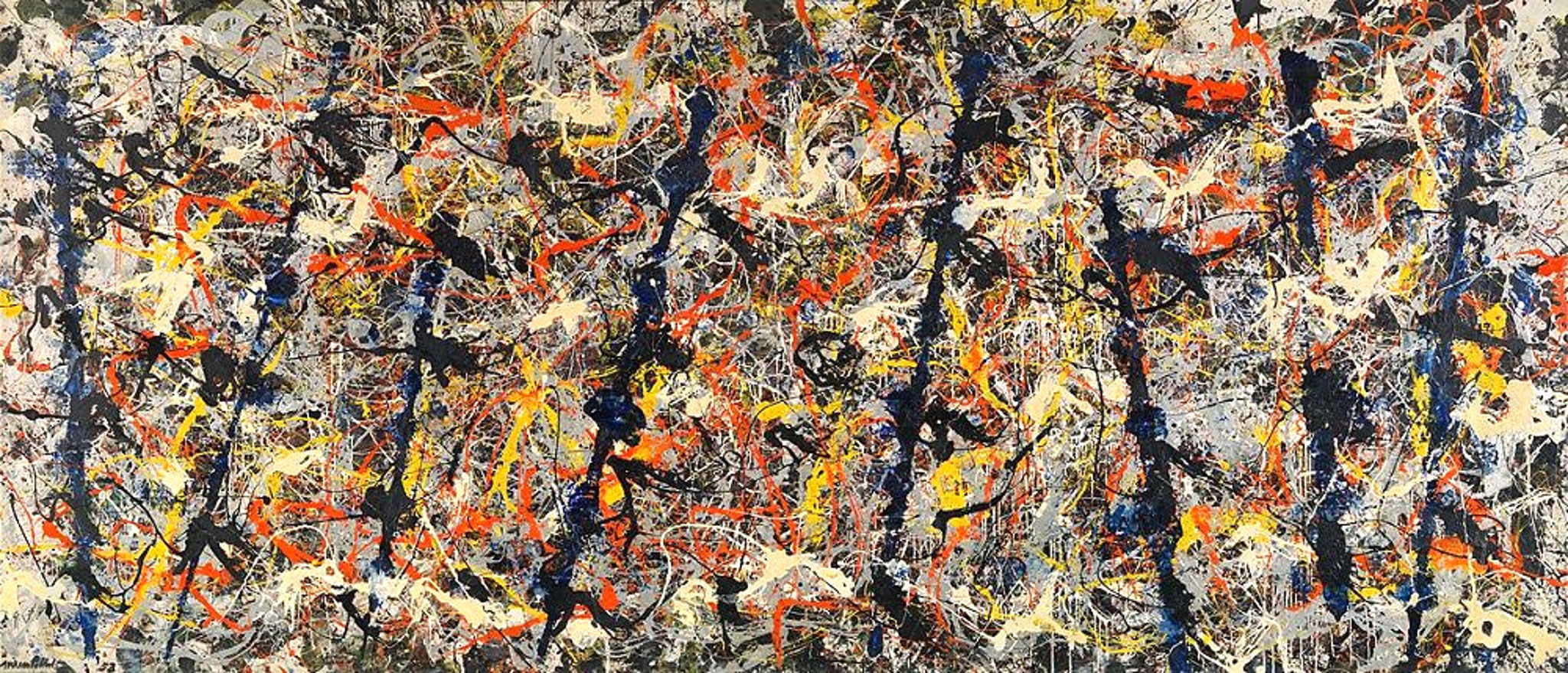I’m a perfectionist. Half-way between the normal and neurotic types. Actually, not that half-way.
I see it as a gift. It helps me in shaping a solid vision of everything I do, and to love details. Sometimes, it leads to excellent results. Sometimes. But most of the time, those results are small grains of a shore swept by the sea.
The problem with perfectionism is that you get stuck so easily. It’s a constant fight to get unstuck.
Where’s the compromise? Are you going to kill excellence or action?
Often, daily life offers context to decide, but when you have more freedom to create, both perfectionism and hastiness can quickly become demons.
Like anyone, I have my personal way of navigating the swamp of perfectionism, but a short sequence in a movie gave me such a clear picture of what’s the issue and what’s the way out.
The film is Ex Machina, a sci-fi film about artificial intelligence, a topic which, of course, leads to questions about what’s human and what’s not.
I love that film, but the sequence I’m speaking of has meaning by itself.
It’s around a Pollock’s painting.
Jackson Pollock is mostly famous for his “drip technique,” where he poured or splashed paint over a horizontal canvas. It’s also called “action painting” – in a more general sense – because of the obvious role that physical action has over careful painting.
In that sequence of the movie, one character – the one who has created an artificial being – asks to the protagonist – the one who’s there to “test” the artificial being – what would Pollock have painted if he, instead of painting something that smells randomness, decided not to paint a single stroke unless he knew exactly why he was doing it.
And the answer is “nothing.”
Nobody can know everything. Nobody can know exactly what they’re doing. Nobody can know the exact consequences of their actions.
You may know your why, but it can’t be a precise why for each single action.
It doesn’t help that the moment you search for that precise why, a moment is passed and other things in your life went by without your why.
Simply put, humans are not perfect. Dealing with imperfection is our duty. At some point, you need to act.
But the other side of the medal is a bit more interesting.
What makes the difference between random action, or automaticity, and meaningful action?
Conscious intention.
The challenge, for the human, is deliberate action without stopping life.
Action without intention is mechanical. Intention without action is insubstantial.
That formula tells you not to be a machine and, at the same time, that you must act.
Pollock’s art has often been criticized for its randomness. Randomness is there, of course, but Pollock’s work is not random, it’s a specific artistic choice. If you take the time to observe his work, you’ll notice that choices are there. But he tried to free the result of those choices from anything that was imposition or artificiality.
“I have no fear of making changes, destroying the image, etc., because the painting has a life of its own. I try to let it come through. It is only when I lose contact with the painting that the result is a mess. Otherwise there is pure harmony, an easy give and take, and the painting comes out well.”
– Jackson Pollock
At some point, he stopped giving titles to his work. Just sequential numbers to avoid imposing a meaning to what was there to be seen.
Actions will define your life. It will happen no matter how many labels you give to them.
Actions are made of automatisms and chaos. Life is possible precisely because of that. You can’t remove randomness, nor the mechanics of your life.
The challenge is not acting by knowing what you’re doing perfectly. It’s acting out of intention.
